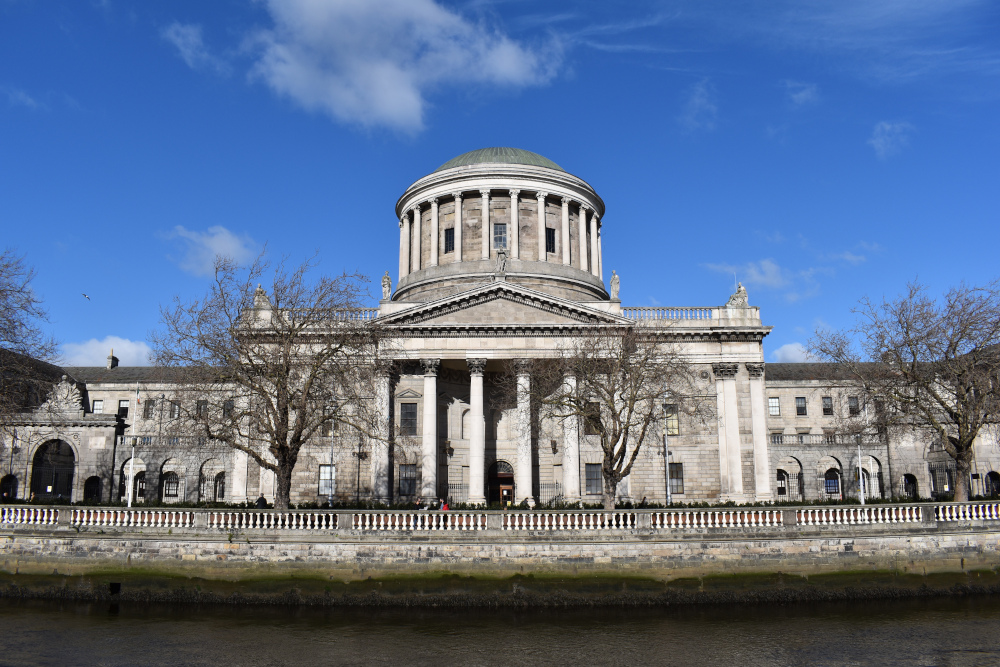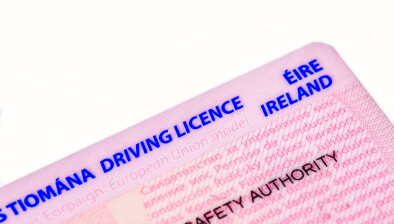New law to allow Irish consumers to bring class actions in High Court

Irish consumers will be able to bring collective claims to the High Court under new legislation announced by ministers yesterday.
The legislation will transpose into Irish law a proposed new EU directive aimed at facilitating coordination and effective action from national consumer authorities at EU level and reinforcing public enforcement action and better protection of consumer rights.
The new mechanism has been dubbed the “European class action” and will allow designated qualified entities to take enforcement action in the Irish courts on behalf of a group of consumers whose rights have been breached either in Ireland or in another EU country.
However, the government rejected comparisons with the US class action model, highlighting that only not-for-profit organisations will be able to apply for designation as qualified entities and thus be able to use the procedural mechanism for representative actions.
The law will also allow for several cross-border qualified entities to come together to represent European consumers where they have been harmed by the same alleged infringement which has been caused by the same trader in several member states.
Tánaiste and enterprise, trade and employment minister Leo Varadkar said: “This new law will make it easier for consumers to group together and seek redress when a large group of them have been affected by a breach of their rights, either at home or in another European country. It will allow a designated qualified entity to take a company to the High Court, on behalf of a group of individual customers.
“I know people can often feel intimidated and powerless when there’s been a large-scale consumer rights breach. By providing a way for them to act collectively with representation from a qualified entity, this new law will massively strengthen their position. Ireland currently has no mechanism for collective redress.
“This is different to the US class action regime. Only certain, non-specified, non-profit entities will be able to take a case.
“It follows on from the Consumer Rights Bill, approved by government for publication last month, which extends rights over digital goods and services and makes fake reviews and other commercial practices illegal.”
Robert Troy, minister for trade promotion, digital and company regulation, added: “This Directive is an important development to improve consumers’ access to justice, contribute to fairer competition, and create a level playing field for businesses operating in the internal market.
“It modernises the current European injunctions regime and aims to improve tools for stopping illegal practices. Once implemented, when the rights of a large number of consumers are violated by the same business, a qualified entity can launch a representative action on their behalf before the High Court.
“This will be a first in Irish law, and will further strengthen consumers’ rights in Ireland and across the EU.”










